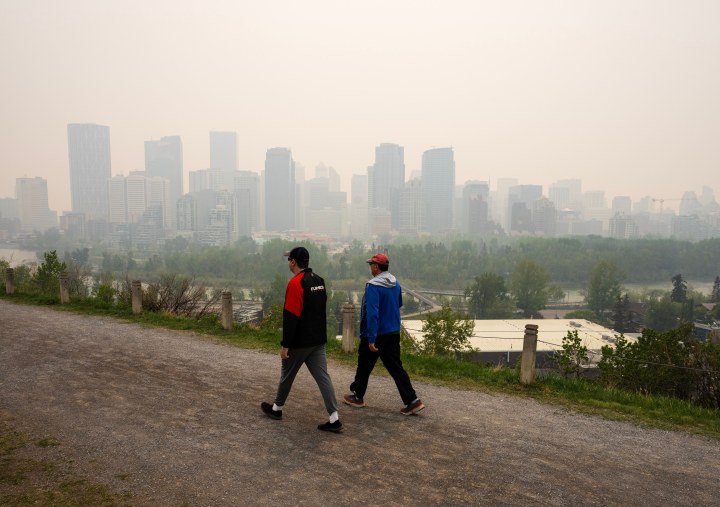Wildfires
No respite for wildfire-hit Alberta as conditions set to worsen

OTTAWA, May 18 (Reuters) - Abnormally hot and dry weather is set to return to Alberta on Thursday after a couple of cooler days helped calm wildfires that have forced thousands of evacuations and disrupted production in Canada's main oil-rich province.
Record-high temperatures and tinder-dry vegetation have led to an intense, early start to wildfire season in western Canada this year. Weather forecasters see no improvement in conditions at least until next week.
Alberta has been the worst-hit, with about 91 wildfires burning, including 27 out of control, as of Wednesday. Wildfires have also proliferated in neighboring British Columbia, as well as in Saskatchewan and Manitoba provinces.
More than 2,500 firefighters, including personnel from Canadian and U.S. agencies, and the Canadian army, have been battling the wildfires.
The widespread blazes have put Alberta Premier Danielle Smith’s disaster management skills – as well as her party’s policies – under the microscope ahead of a provincial election on May 29.
About 38,000 Albertans had been asked to evacuate their homes, while oil and gas firms have shut down production of at least 319,000 barrels of oil equivalent per day (boepd), or 3.7% of the country’s production.
As of Wednesday, many people had been allowed to return, and only about 12,000 remained under evacuation orders thanks to a cold front this week that helped firefighting.
The cold front also brought strong winds that carried smoke to neighboring provinces and created poor air quality in a large part of Western Canada.
“Winds have weakened today across most of the province and temperatures are near normal for this time of year, but things will start to change tomorrow,” Christie Tucker, an Alberta Wildfire official, said on Wednesday.
Concerns about the wildfires have also led benchmark Canadian heavy crude prices to rise to their highest levels in months.
On Wednesday, consultancy firm Rystad Energy said nearly 2.7 million barrels per day (bpd) of Alberta oil sands production in May is at risk in “very high” or “extreme” wildfire danger rating zones.
Of estimated May production volumes, about 60% are subject to extreme wildfire danger levels, with the remaining 40% subject to very high danger, Oslo-based Rystad said.
(Reporting by Ismail Shakil in Ottawa. Editing by Gerry Doyle)




















 Become an Insider
Become an Insider
Comments - Please login in order to comment.